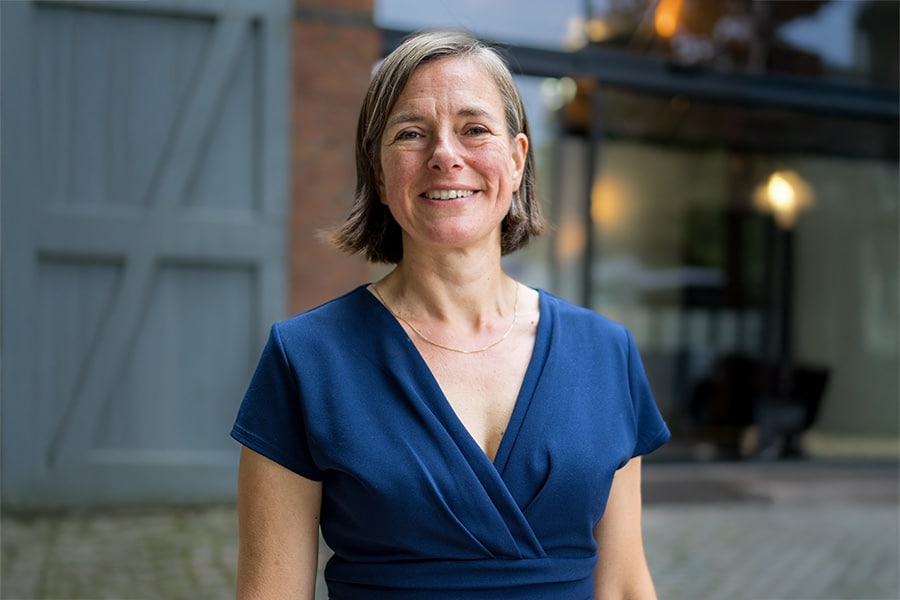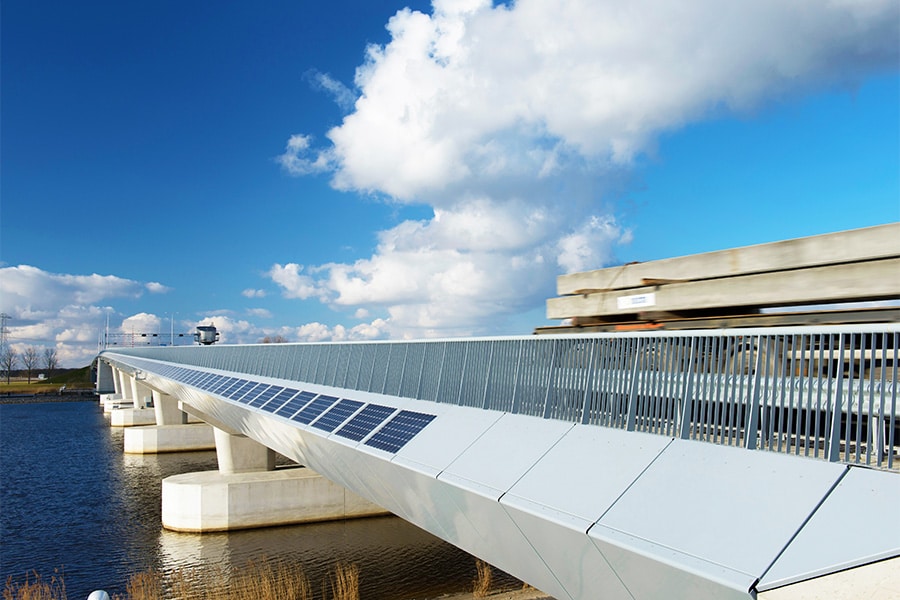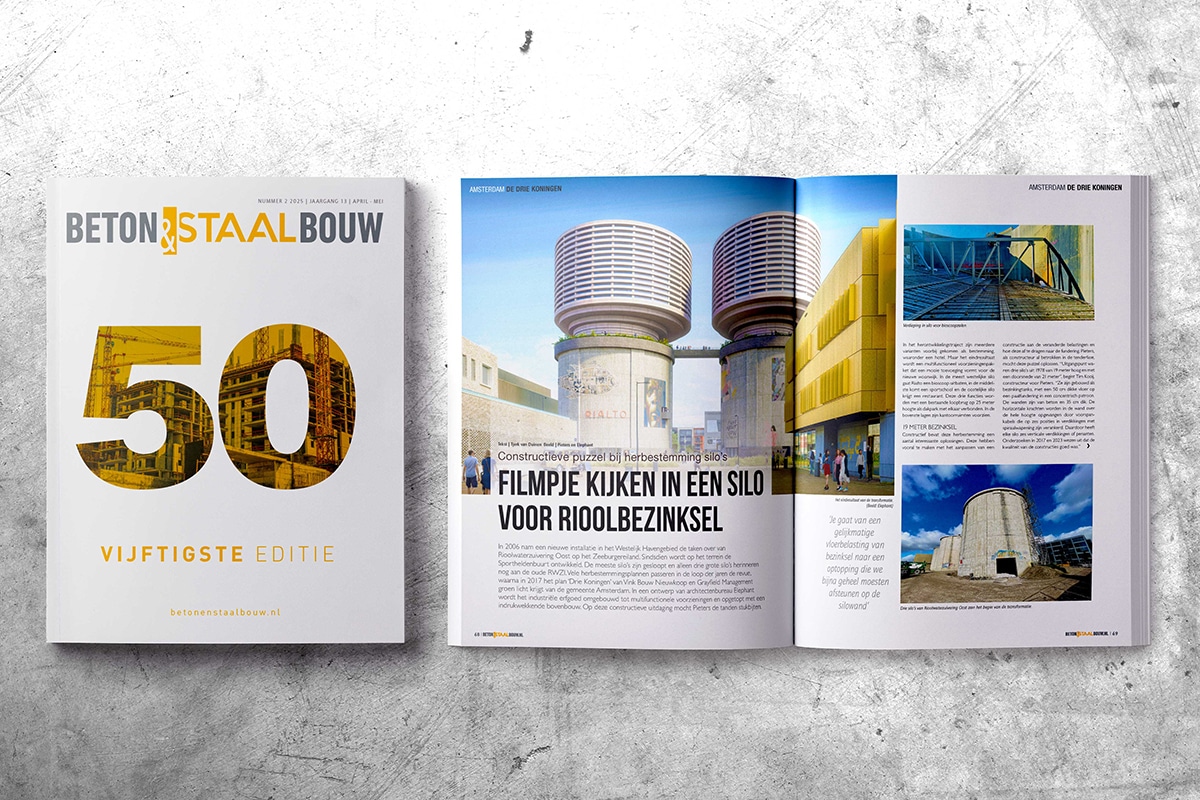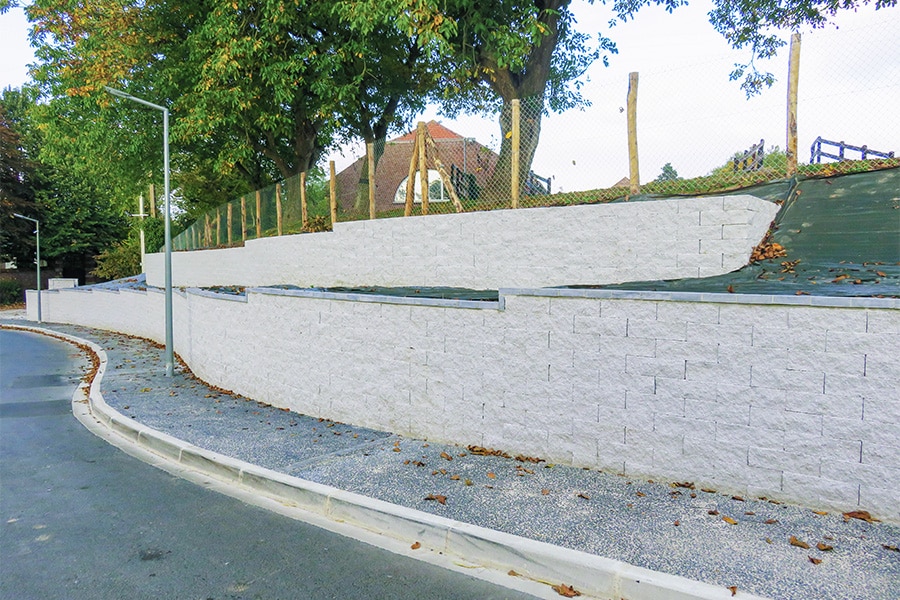
Combining innovation and sustainability with use of white cement
With D-Carb cement featuring lower CO2 emissions, renewable energy and recycled materials, Aalborg White® is leading the way to a more sustainable future. We had the opportunity to interview Sigrid Frederickx, General Manager of Scheys Concrete, about how the company is embracing sustainable practices. What is the impact of using low-carbon D-Carb white cement? And what is Scheys Concrete's vision for innovation in this sector?
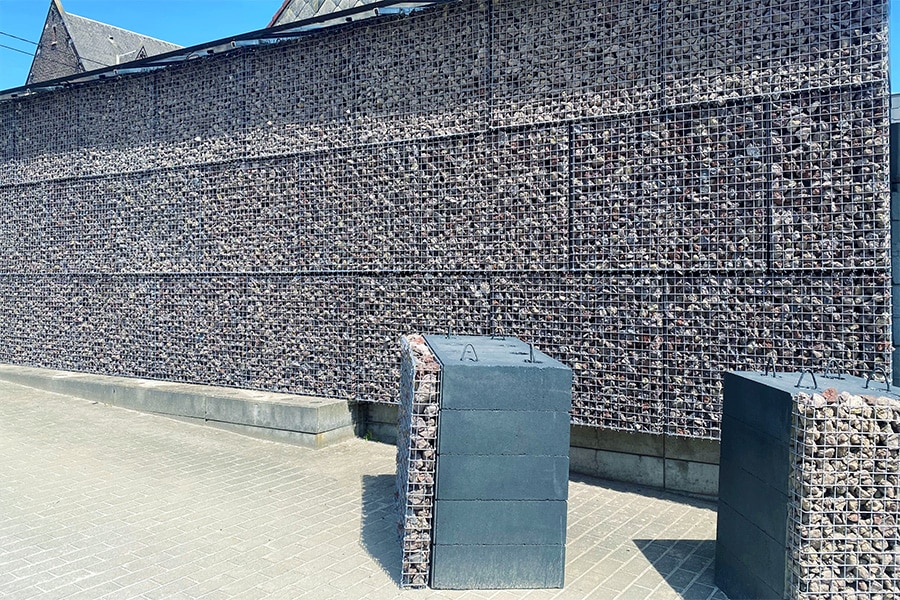
Frederickx: "Our vision is to combine tradition with innovation, with a focus on sustainable products that also perform excellently and respond to the changing needs within the construction industry. Innovation is our motivation' has always been our motto, and that does not change with the generational transfer. On the contrary: innovation is one of Scheys Beton's greatest strengths." She continues: "Sustainability is an integral part of our company's DNA. We are constantly looking for ways to reduce our ecological footprint, by optimizing production processes, purchasing ecological materials or implementing energy-efficient solutions. We have also made significant efforts to develop an ecological and 100% Cradle-to-Cradle dry stacking system. Our Stackton technology is a prime example of our commitment to sustainability. The system contains a significant proportion of recycled materials without sacrificing structural integrity."
"As you can see, sustainability is in our DNA," Frederickx emphasizes. "D-Carb cement fits in perfectly with that. Until now, our focus was mainly on the technology behind the product, but we can now also innovate through the raw materials and components we use. This enables us to remain at the forefront of sustainable construction as well as meet the increasing demand for environmentally friendly solutions."
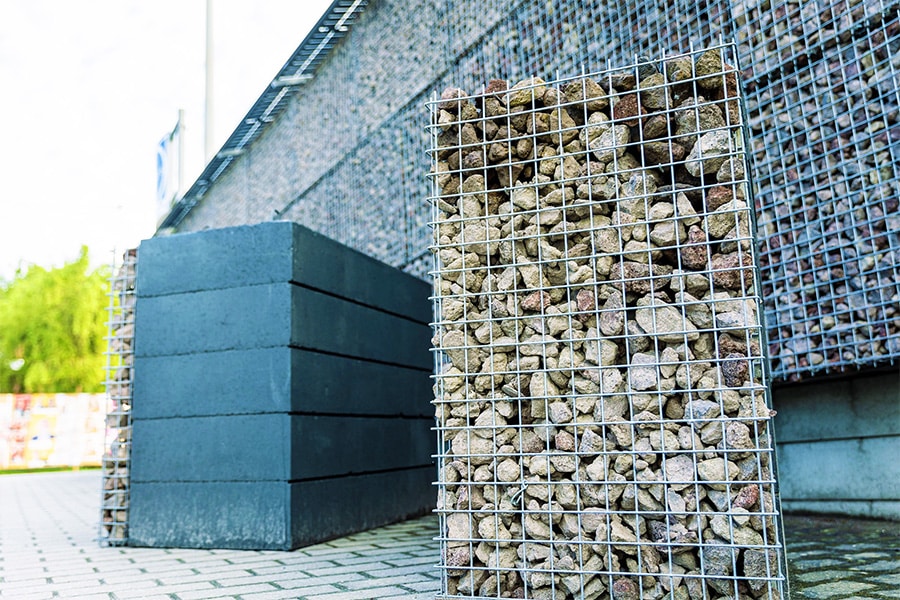
Transition to low-carbon production
"We have made several strategic investments aimed at sustainable production," Frederickx continued. "One of our main initiatives is the use of renewable energy, such as solar energy, at our production sites. Our production halls and office buildings are equipped with solar panels. We have also optimized our production processes to minimize waste and make material use more efficient. We have also invested heavily in developing environmentally friendly building systems, such as our patented Stackton dry stacking system, which contains more than 40% of recycled materials. By using low-carbon white cement such as D-Carb, we further strengthen the sustainability of our products and stay true to our mission to reduce carbon emissions."
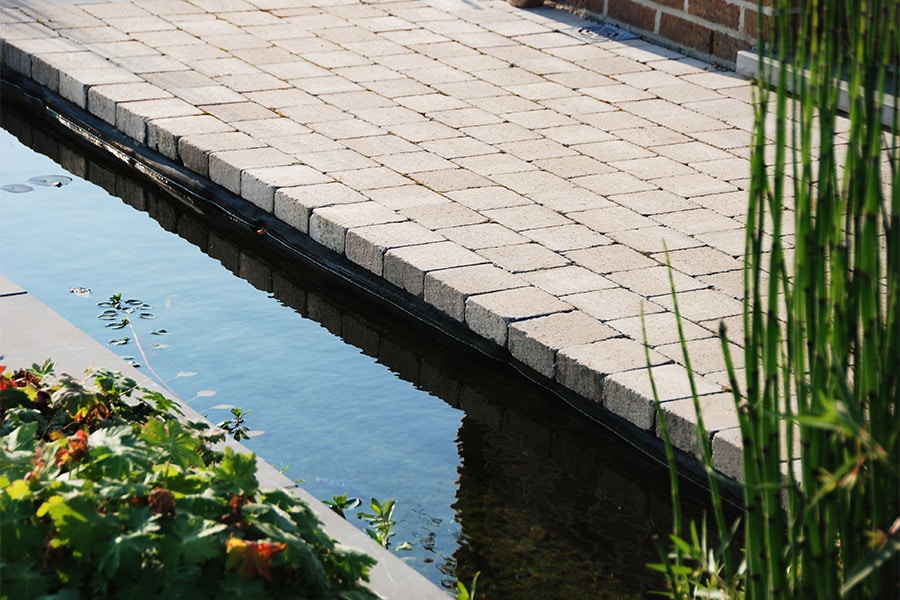
Maintaining high performance
"Our low CO2 concrete products maintain the same high performance standards as traditional concrete," Frederickx emphasizes. "Thanks to the use of D-Carb cement with lower CO2 emissions, we maintain structural durability and strength while significantly reducing CO2 emissions during production. Although the transition to low-CO2 materials requires some compositional changes, the product quality remains unaffected. From a cost perspective, initial investments in sustainable materials may be higher, but in the long run, they often yield savings through improved efficiency, compliance with stricter regulations and suitability for certain projects. By proactively pursuing sustainable solutions, we remain an industry leader and anticipate stricter environmental regulations and future market demands."
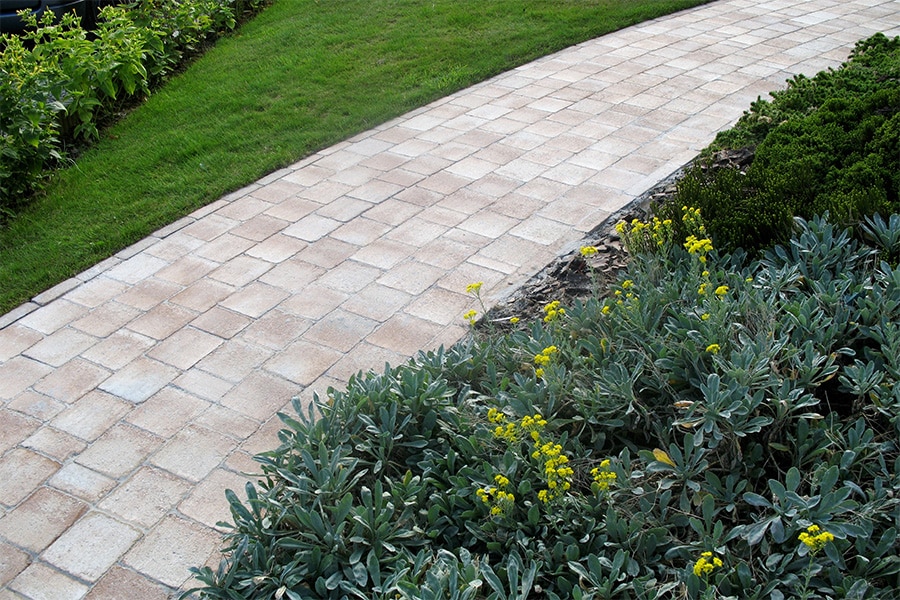
Applications of low-carbon concrete and customer satisfaction
"Our low-carbon concrete products are widely used in infrastructure, residential and commercial construction projects," Frederickx said. "They are particularly valuable in public projects where environmental impacts weigh heavily. Customers and project developers give very positive feedback. Not only because of the environmental benefits, but also because of the high durability, easy installation and aesthetic added value of our products. Our MegaStackton sound walls, for example, are specially designed to improve the living environment, making them particularly suitable for the public sector. They excel in sound absorption and reduction, are quick to install and visually fit perfectly into natural environments thanks to the aesthetic design with pre-filled gabions." MegaStackton also offers opportunities for additional applications, such as installing solar panels on top of the elements. "This allows energy to be generated exactly where it is needed: along highways for charging electric vehicles and along railroads to power trains, without the need for expensive distribution infrastructure."
Heeft u vragen over dit artikel, project of product?
Neem dan rechtstreeks contact op met Aalborg Portland Belgium.
 Contact opnemen
Contact opnemen
